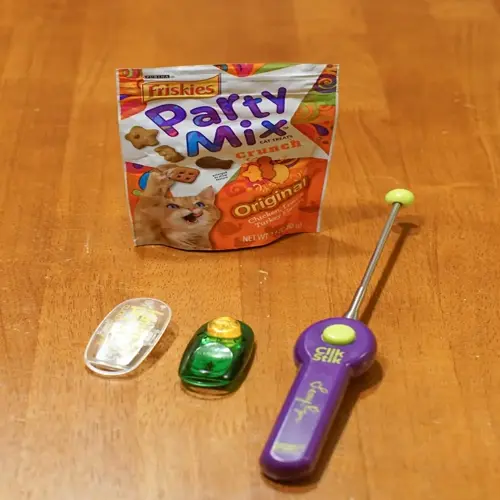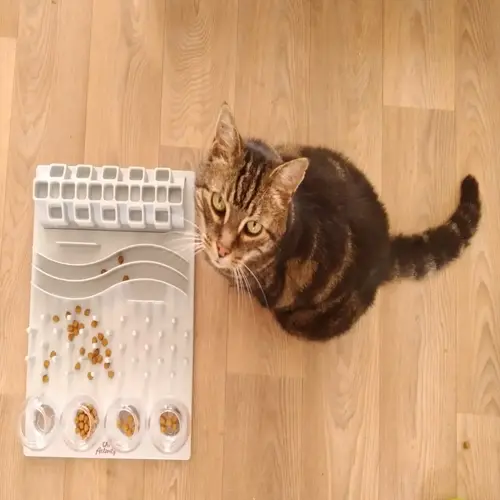When should I consult a vet about feeding?

Written by
John Williams
Reviewed by
Prof. Henry Webster, Ph.D.Avoiding potential health crises is accomplished with the right information. If they are unaware of issues, minor problems could escalate into serious health concerns. I have been able to help many cats whose owners noticed some subtle shift in their demeanor. Recognizing the warning signs allows us to diagnose them on time and institute the dietary changes warranted.
Appetite Changes
- Complete refusal beyond 24 hours
- Selective eating avoiding certain textures
- Chewing difficulties dropping food
Digestive Distress
- Vomiting undigested food frequently
- Diarrhea lasting over 48 hours
- Visible discomfort during meals
Physical Indicators
- Dull coat with excessive shedding
- Pale gums indicating anemia
- Muscle wasting along spine
A loss of appetite lasting more than 24 hours raises serious concerns that require examination by a veterinarian. Cats develop hepatic lipidosis rapidly when fasted. Bring your cat's food diary to indicate eating patterns. Include any changes in diet or stressors that occurred near the time of the visit. This case is a priority in my clinic.
Repeated vomiting, especially when accompanied by changes in food, in a valuable animal, requires professional examination. Single vomits may occur, but multiple episodes in 24 hours indicate intolerance or disease. Collect pieces showing the composition of vomitus. Note relations to times of feeding. This will provide the veterinarian with information that may help determine conditions such as allergies or obstructions.
Weight changes greater than 5% from one month to the next, without explanation, require investigation. This means a weight change of ½ pound for your 10-pound cat. Bring your records of weight progress. The veterinarian will test the thyroid to determine if its function is normal and will examine the organs for any health issues. Early detection greatly improves the success of treatment.
A lack of vitamins manifests in various physical symptoms. Look for faded, lustreless coats, scabbed skin lesions, and delayed wound healing. These are all symptoms of a deficiency in essential fatty acids, vitamins, and other nutrients. Your veterinary officer will likely suggest to you some blood tests that will reveal the particular deficiency before advising you on the necessary changes in your dog's dietary supply.
Read the full article: Complete Cat Feeding Guidelines for Every Owner

